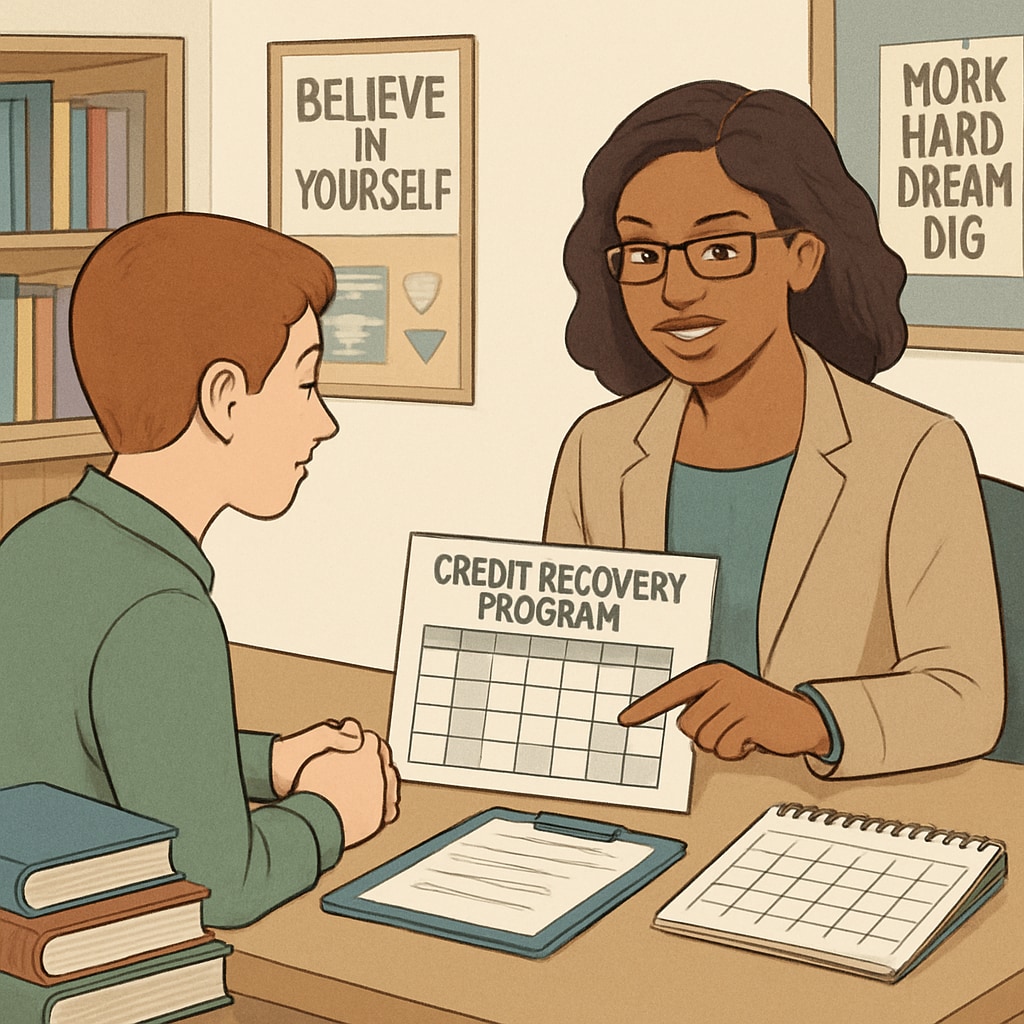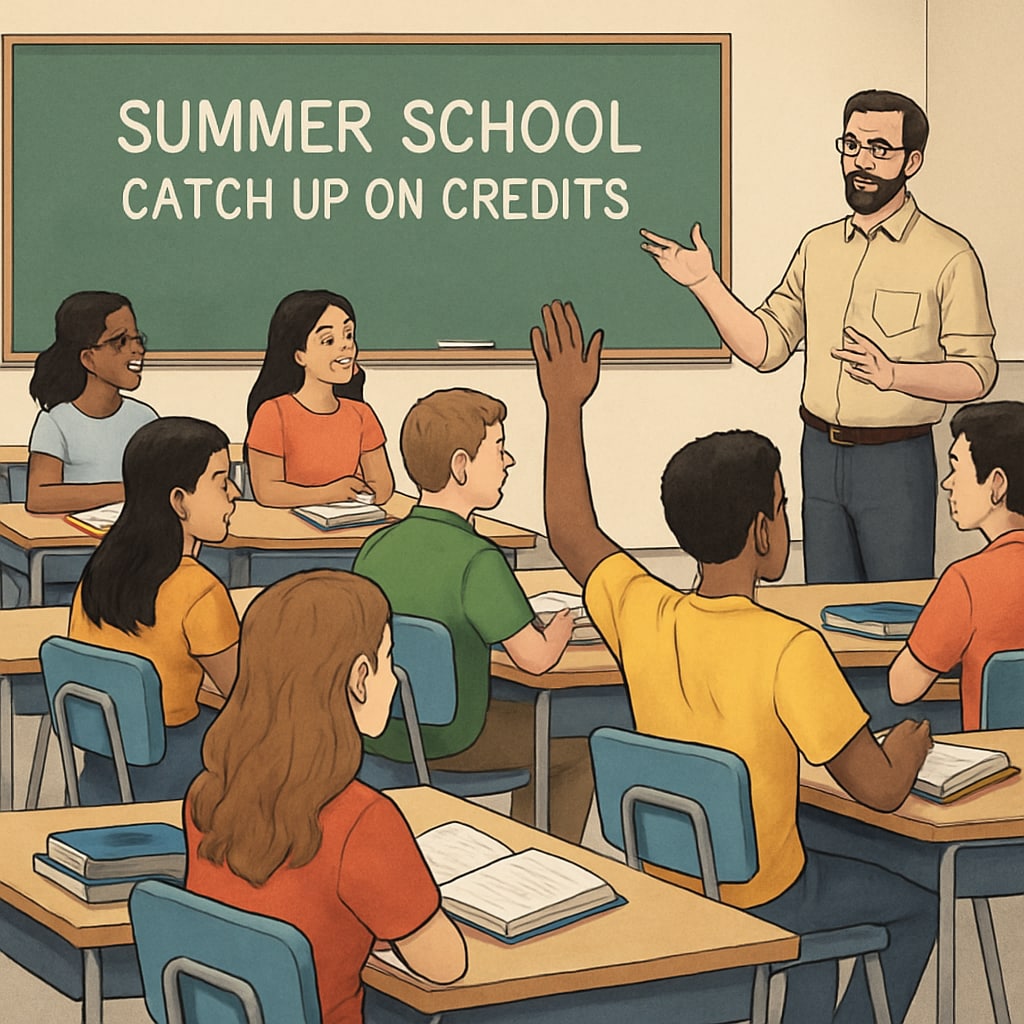Facing high school credit deficiencies can be overwhelming, especially if life challenges like family hardships disrupt academic progress. However, with the right strategies and resources, students can recover lost credits and stay on track for graduation. This article explores effective credit recovery solutions, including school-based programs, online learning platforms, and summer school options, providing actionable steps for students and parents alike.
Understanding Credit Deficiencies and Their Impact
Credit deficiencies occur when a student fails to complete the required coursework to earn the credits needed for graduation. Missing credits can result from various factors, such as extended absences, failing grades, or personal challenges. For example, family emergencies or health issues often disrupt attendance and focus, leading to gaps in academic achievement.
The consequences of credit deficiencies can be significant. Students may face delayed graduation, limited college opportunities, or reduced career prospects. Therefore, addressing these challenges proactively is essential to ensure future success.
School-Based Credit Recovery Programs
Many high schools offer credit recovery programs designed to help students catch up on missed coursework. These programs often provide flexible schedules, tailored instruction, and dedicated support from educators. Common school-based solutions include:
- After-School Tutoring: Teachers or academic counselors may run tutoring sessions focused on specific subjects.
- Credit Recovery Classes: Special courses designed to allow students to retake failed subjects during regular school hours.
- Individualized Learning Plans: Schools can create customized plans based on a student’s unique needs and circumstances.
Consulting your school counselor is the first step to exploring these options. They can provide insights into available programs and guide you through enrollment.

Leveraging Online Learning Platforms
Online learning platforms have become an increasingly popular solution for credit recovery. These platforms offer flexibility, allowing students to complete coursework at their own pace. Some notable features include:
- Accessibility: Learn anytime, anywhere with internet access.
- Wide Range of Courses: Platforms like Khan Academy and edX offer a variety of subjects, including math, science, and languages.
- Interactive Tools: Many platforms use videos, quizzes, and gamified learning to make education engaging.
When choosing an online learning platform, ensure it is accredited and recognized by your school district. Accreditation ensures that completed courses will count toward graduation requirements.
Summer School and Intensive Programs
Summer school is another effective option for students looking to recover credits quickly. These programs condense coursework into a shorter timeframe, enabling students to complete one or more classes during the summer break. Benefits of summer school include:
- Focused Learning: Smaller class sizes and targeted instruction help students concentrate on specific subjects.
- Accelerated Pace: Condensed schedules allow students to earn credits faster than during the regular school year.
- Community Support: Students often study alongside peers facing similar challenges, creating a supportive environment.
Contact your school district early to register for summer school programs, as spots often fill quickly. Additionally, explore private or community-based programs if your school does not offer summer classes.

Planning for Long-Term Success
While recovering credits is crucial, students must also focus on building habits that ensure long-term academic success. Here are some strategies to consider:
- Time Management: Use planners or apps to organize study schedules and track deadlines.
- Seek Support: Build a network of teachers, counselors, and peers who can provide guidance and encouragement.
- Address Challenges Early: Identify potential obstacles, such as health issues or family concerns, and seek solutions before they affect academic performance.
By combining credit recovery efforts with proactive planning, students can rebuild their academic journey and achieve their graduation goals.
In conclusion: High school credit deficiencies may feel like a major setback, but with the right tools and support systems, students can overcome them. Whether through school-based programs, online learning, or summer classes, the road to graduation is achievable with determination and resourcefulness.


